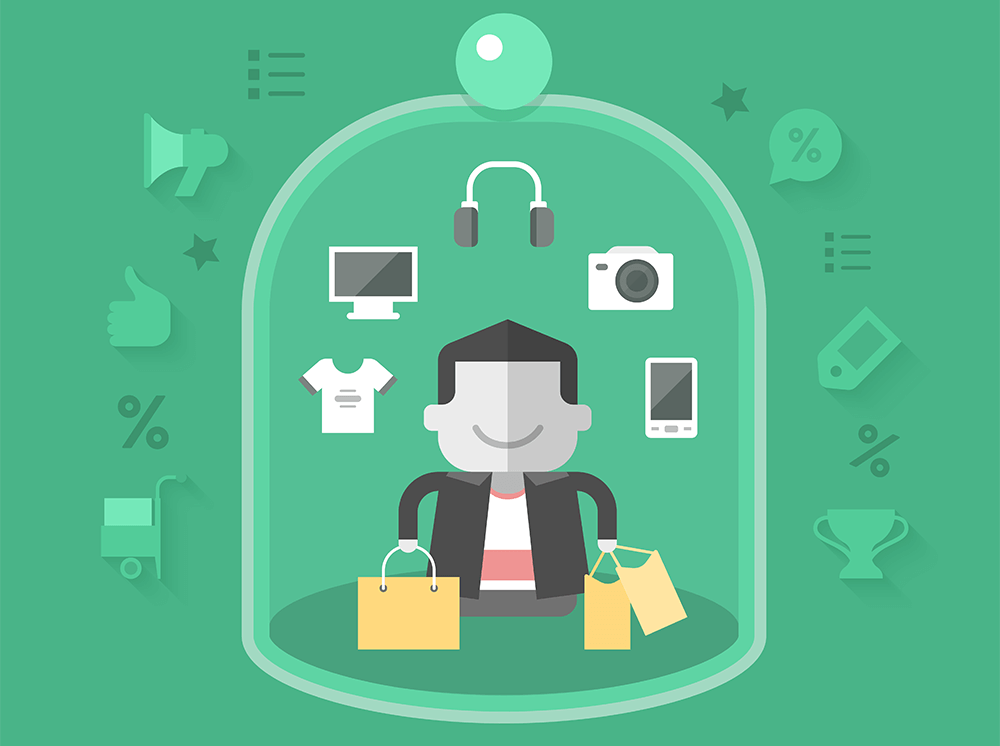Private-label strategies turned upside down in the race to secure customer relationships
If you have done any sales or marketing, you may have heard a manager say, “If you win the relationship, you win the sale.”
Nothing could be more true—especially in retail.
Now the IoT is changing where and how you secure that relationship, and private labels are taking the lead in building a new consumer channel. This is surprising, given that private labels usually act as “fast followers” who enter categories only after technology leaders have established a new market.
Take the Kindle, for example. Private labels didn’t jump in with their own versions of e-readers for several years, fairly long after Amazon and other global brands like Samsung had established the market.
But, the IoT’s promise of ubiquitous connectivity has created an unprecedented shift in when and how private labels come to market.
In the race to win consumer relationships, major retailers are diving head first into private labeling—on the front end of the product and market development cycle, instead of at the end. Consider Staples with their Connect system and Lowes with the Iris System. And certainly with more to come….
The new generation of smart IoT apps are redefining how consumers shop, and whom they trust; and the competitive playing field is now the smart phone and its associated apps.
Apps not only act as the “remote control” for these products, but are also the new customer contact point—from customer service to new purchases.
Imagine this future scenario.
You buy several of Lowes’ Iris products. After a few months, Lowes informs you, via the app, that your energy usage has declined and asks if you’d like a free home-energy audit by your local utility. And oh, by the way, there’s a really popular, ultra-efficient water heater on sale, plus a special on a 12-pack bundle of LED light bulbs that will save you energy.
All of a sudden a retailer can sell to your needs based on the data generated from your connected devices. No longer do retailers have to throw a bunch of products at the wall to see what sticks; they can laser focus personalized product offerings based on users’ needs culled from their usage data.
This shift of private labeling to the front end of the IoT revolution is all about the relationship, same as always, but the playing field is now apps on smart phones, the channels on those apps and the data those apps generate.

